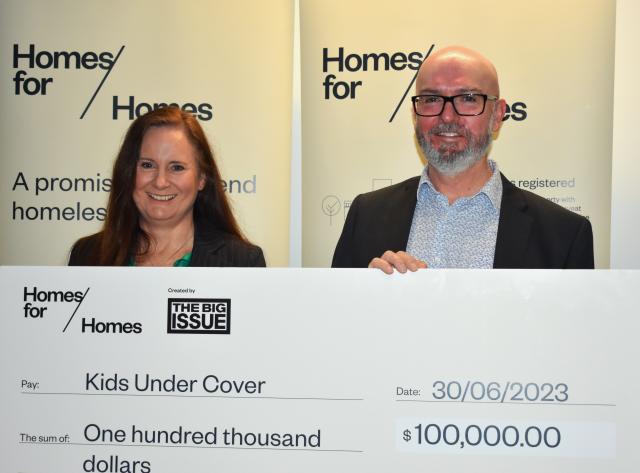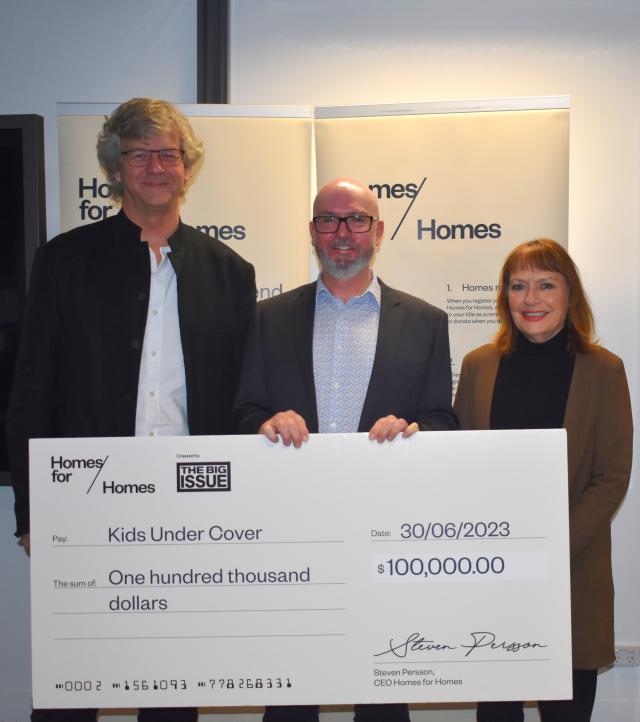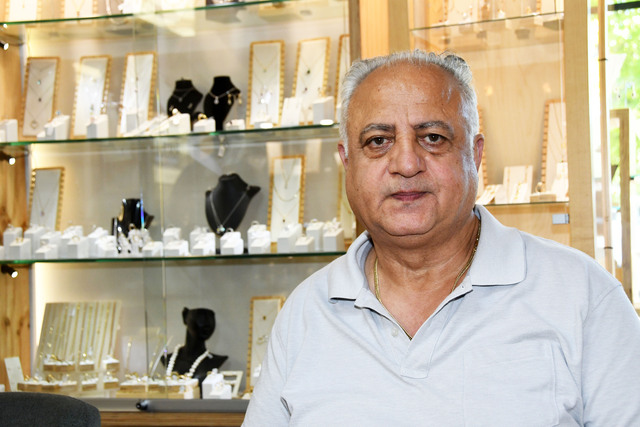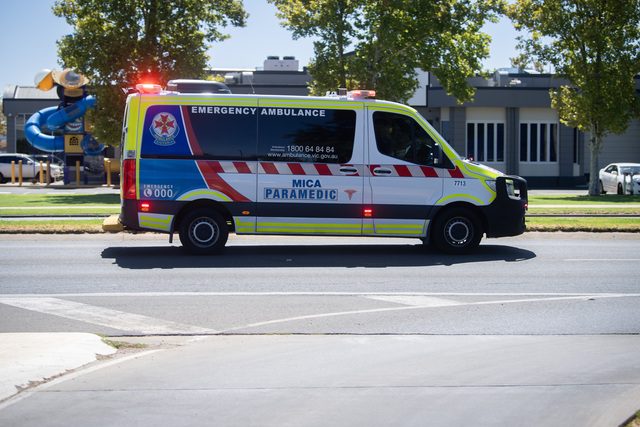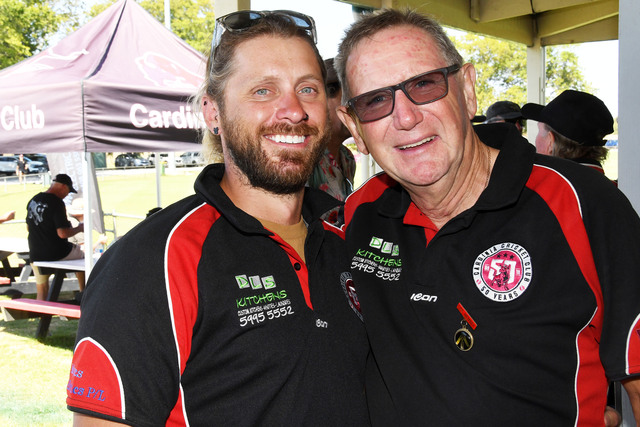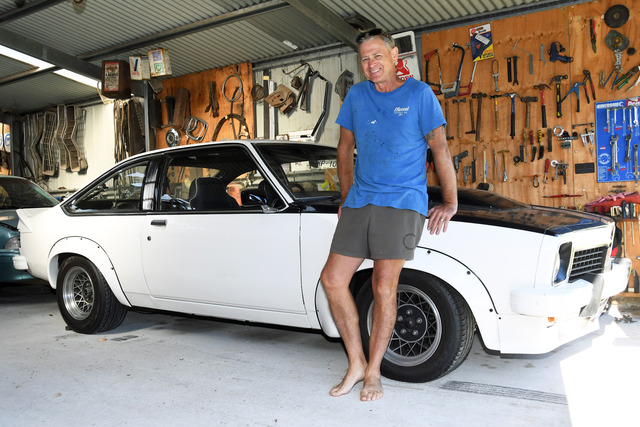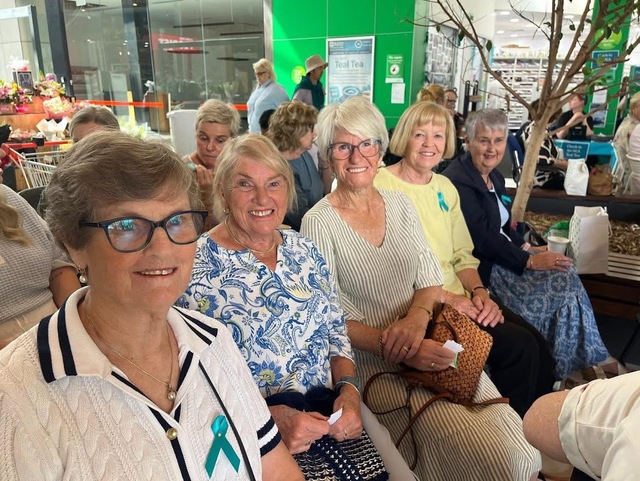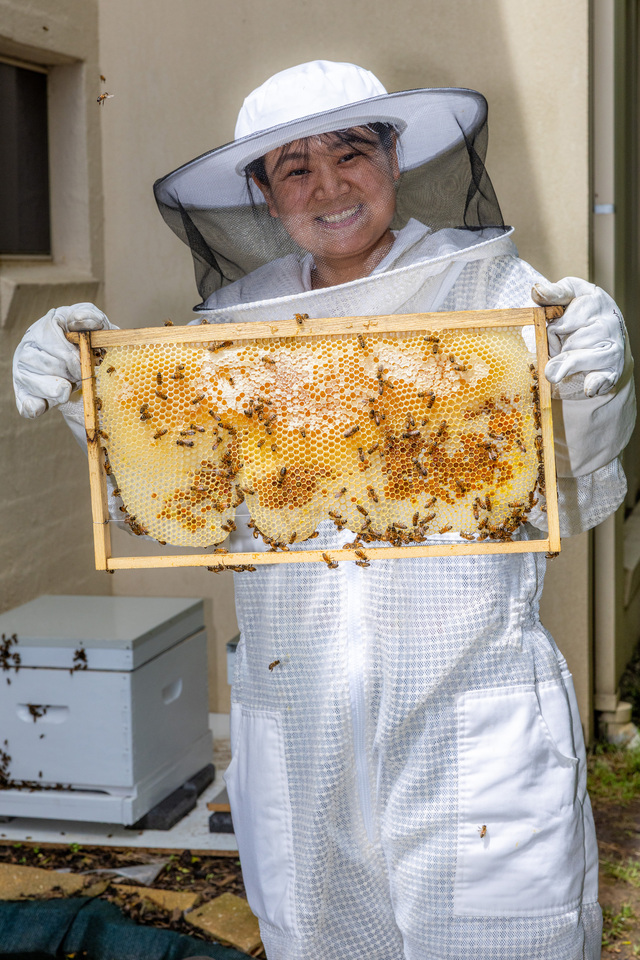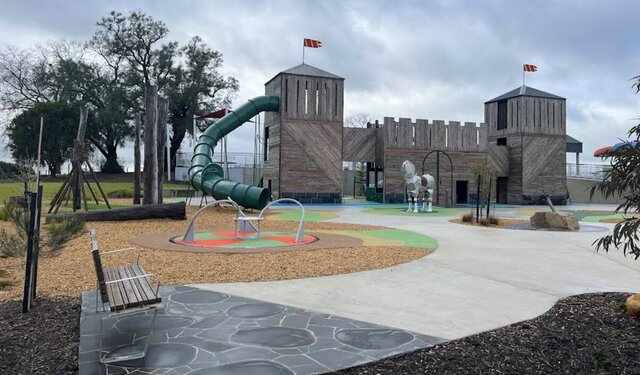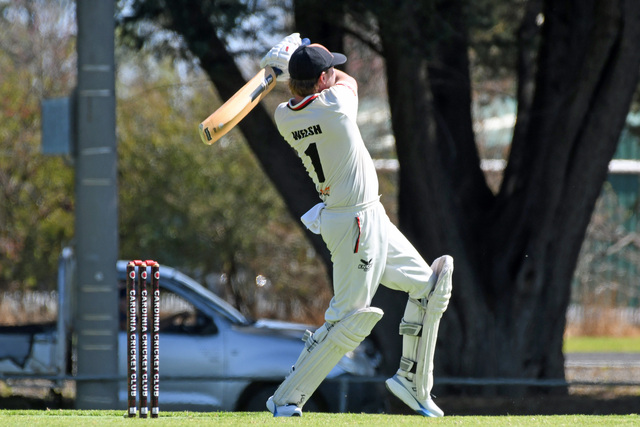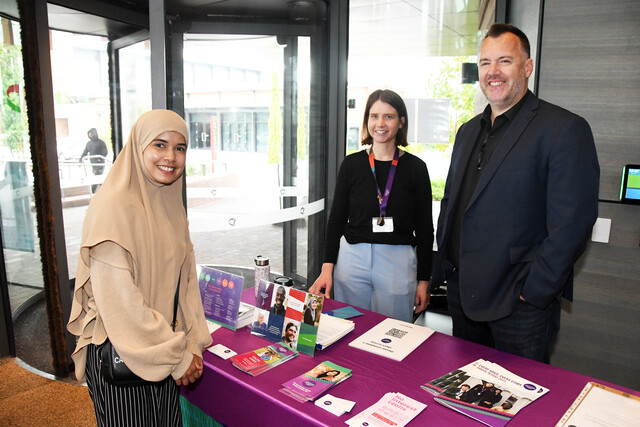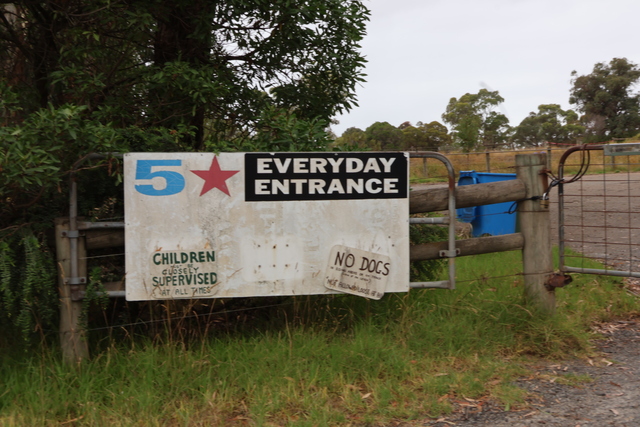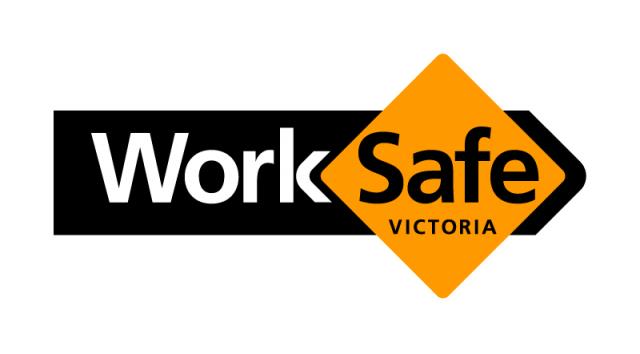Casey based charity Kids Under Cover received $100,000 from social enterprise Homes for Homes as part of this years funding grant.
This is the first time Homes for Homes has put funds back into the City of Casey.
Kids Under Cover (KDU) is a not-for-profit organisation dedicated to preventing youth homelessness for the past 33 years.
The new grant will fund the construction of two new studios in Casey, offering a safe space for four vulnerable youths each night.
“Youth homelessness can be prevented, we can intervene early, and if we do that it will absolutely change the life course for young people who otherwise could fall into all kinds of difficulties,“ Kids Under Cover CEO Stephen Nash said.
“Preventing and intervening early means people can grow up and get on with a bright future.“
KDU supports vulnerable young people between the ages of 12 and 25 years who are either already homeless or at risk of homelessness.
The team build relocatable, one and two bedroom studios, complete with a bathroom, in the backyard of a family or carer’s home.
KDU has 20 studios operating across Casey, housing 30 young people each night.
Acorss Victoria, they have 652 studios housing over 1000 young people each night.
“They don’t have kitchens in the studio, so there’s the encouragement for families to still eat meals together,“ Mr Nash said.
“But when it’s time to study or chill out, they’ve got somewhere safe to go.“
The extra room relieves overcrowding, eases tension and provides young people with a secure and stable environment.
The studio remains in place for as long as it’s required, averaging 13 years, according to Mr Nash.
Kids Under Cover will relocate a studio up to four times during its lifetime to help other families in need.
The portable housing is then complemented with scholarships for education or job training, offsetting basic education costs and empowering young people to achieve their goals.
The scholarships aren’t just offered to young people housed in the studios, their siblings living in the main home of the property are able to receive educational support as well.
“We’re often working with families that are really up against it, so we try to help as many young people in the house as we can and give them all a brighter future,” Mr Nash said.
Homes for Homes raises funds for homeslessness prevention through people making a tax deductible 0.1 per cent donation from the sale or rent of their property.
These funds are combined with others who have donated, then used to build social and affordable housing.
In choosing which organisation receives the grant funding each year, Homes for Homes employs an “independent housing advisory board“ to review all applications and allocate the funds to those with the greatest need.
This year, Homes for Homes received ten applications.
“We use an independent housing advisory group because we know that we’re really good at being able to bring people together to raise funds, but we’re not the experts on knowing where the need is greatest,” Ms Longo said.
“Then the board’s recommendation goes off to our investment advisory group, so there’s three layers of governance.”
Ms Longo said Homes for Homes’ “set and forget“ approach to charity donation sets them apart from other organisations.
““A lot of charities, when you’re asked to donate you’re asked to do it on the spot but with Homes for Homes, it’s a set and forget,“ she said.
“When you hold a home over time, it generally builds some sort of equity, and the payment comes straight out of the disbursement of that settlement.
“It’s money you’ve been able to accumulate over time and that you don’t actually see because it’s disbursed straight out of the settlement proceeds, so it’s just like paying your rates.“
According to Homes for Homes, there is a deficit of over 600,000 social and affordable homes in Australia, with this number set to reach over one million within the next 13 years.
“Please get involved, it’s such an easy concept,“ Ms Longo said.
“You’re making a promise today but you’re not delivering on the promise until you sell your home.
“It’s just a small drop but small drops create pools of little drops and become an ocean over time.“
Ms Longo has been the COO of the organisation since 2018, and said the most exciting part of what Homes for Homes does is “actually handing over the funds“ to charities who can use the money to continue their important work.
“For us it’s about being able to provide a solution that everyone can be involved in,“ she said.
“Coming together and being able to see that money being disbursed to organisations that really do some amazing things in the space of providing solutions is incredible to see.“
Homes for Homes has established a goal to become the second largest funding body for homelessness prevention behind the government, and they are on track to raise $1 billion by 2050.
“It’s about changing the narrative around what homelessness means,“ Ms Longo said.
“I think a compassionate community can really make a significant difference to changing people’s lives.”
Over 40 property developers have partnered with Homes for Homes, alongside individual landowners and renters.
Balcon Group, who are the land developers behind the Orana estate in Clyde North are one such example.
Balcon Group Manager Jason Shaw said the pervasive rise in homelessness in Casey is starting to affect more and more residents.
“It’s at a point where people with good jobs can’t afford housing,“ he said.
Mr Shaw explained the brilliance of the Homes for Homes approach to raising funds, with almost all Orana homeowners signing up to donate.
He went on to mention the usual lifespan of home ownership is seven years before selling, meaning a Homes for Homes donation can be made with each “property turnover“.
So far, Homes for Homes has granted $1.4 million to fund 17 projects, providing crucial assistance to over 300 people.
Donations to Homes for Homes are tax deductible and can be claimed when you lodge your return.

